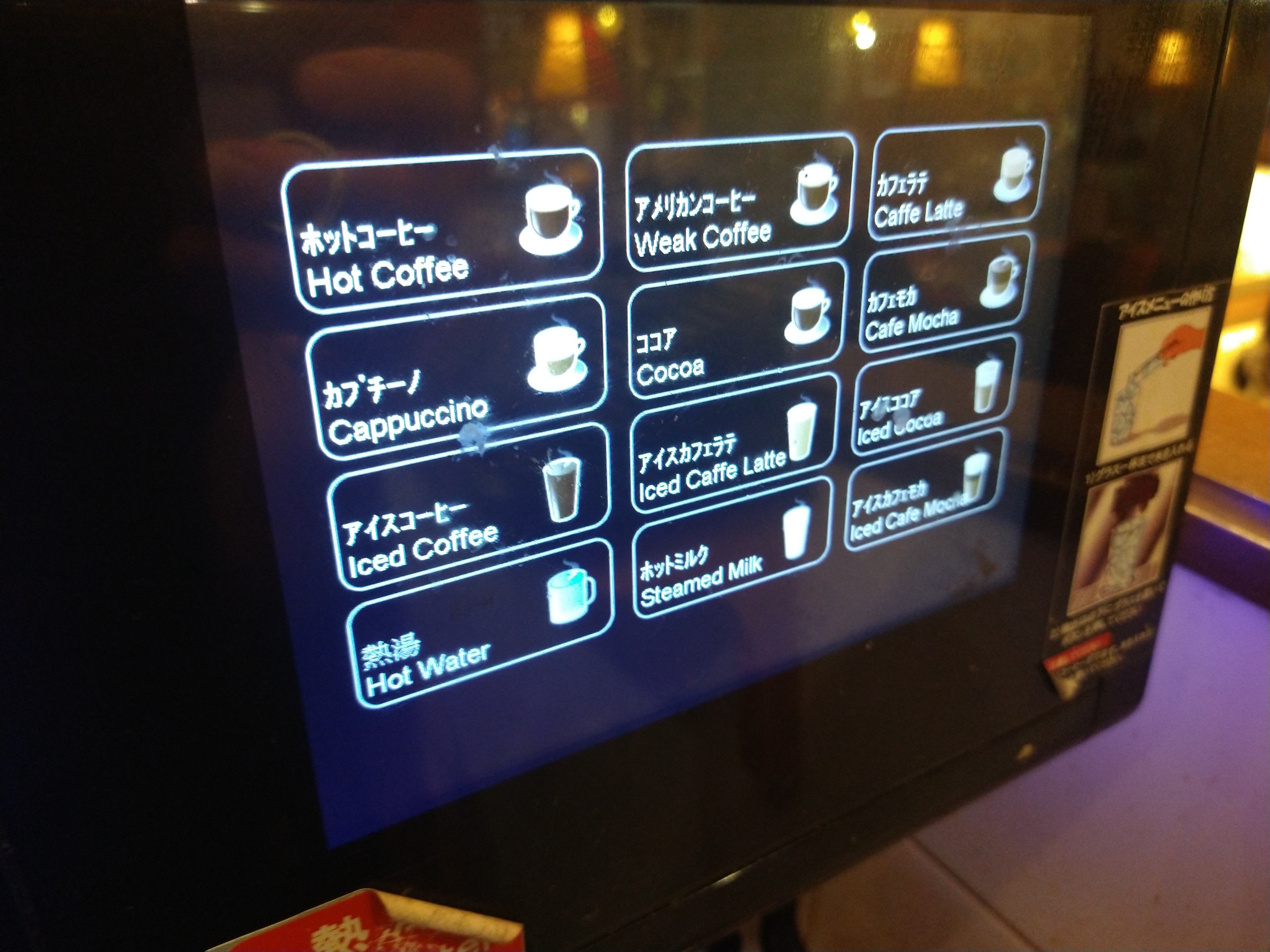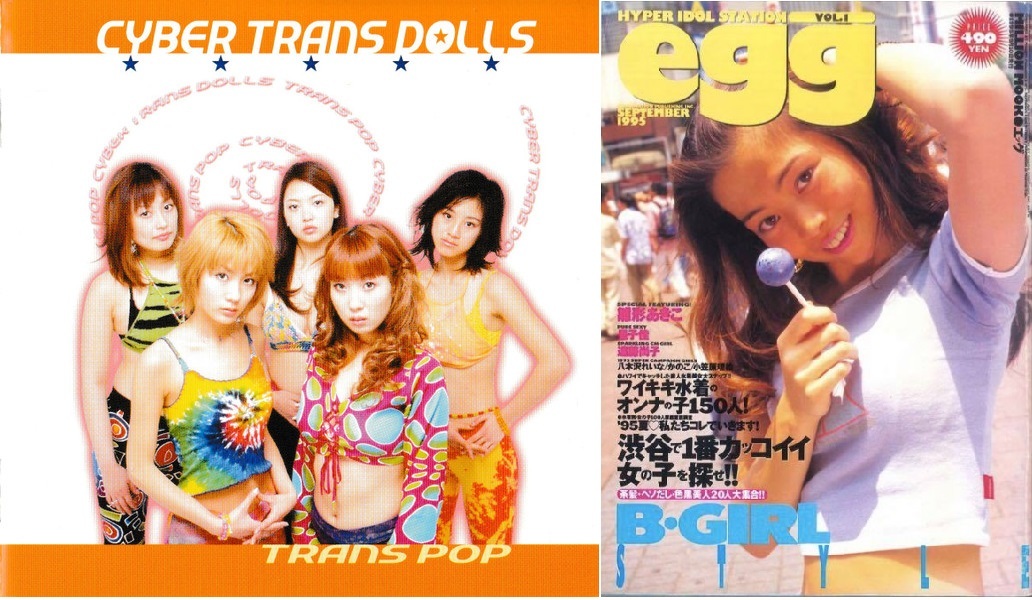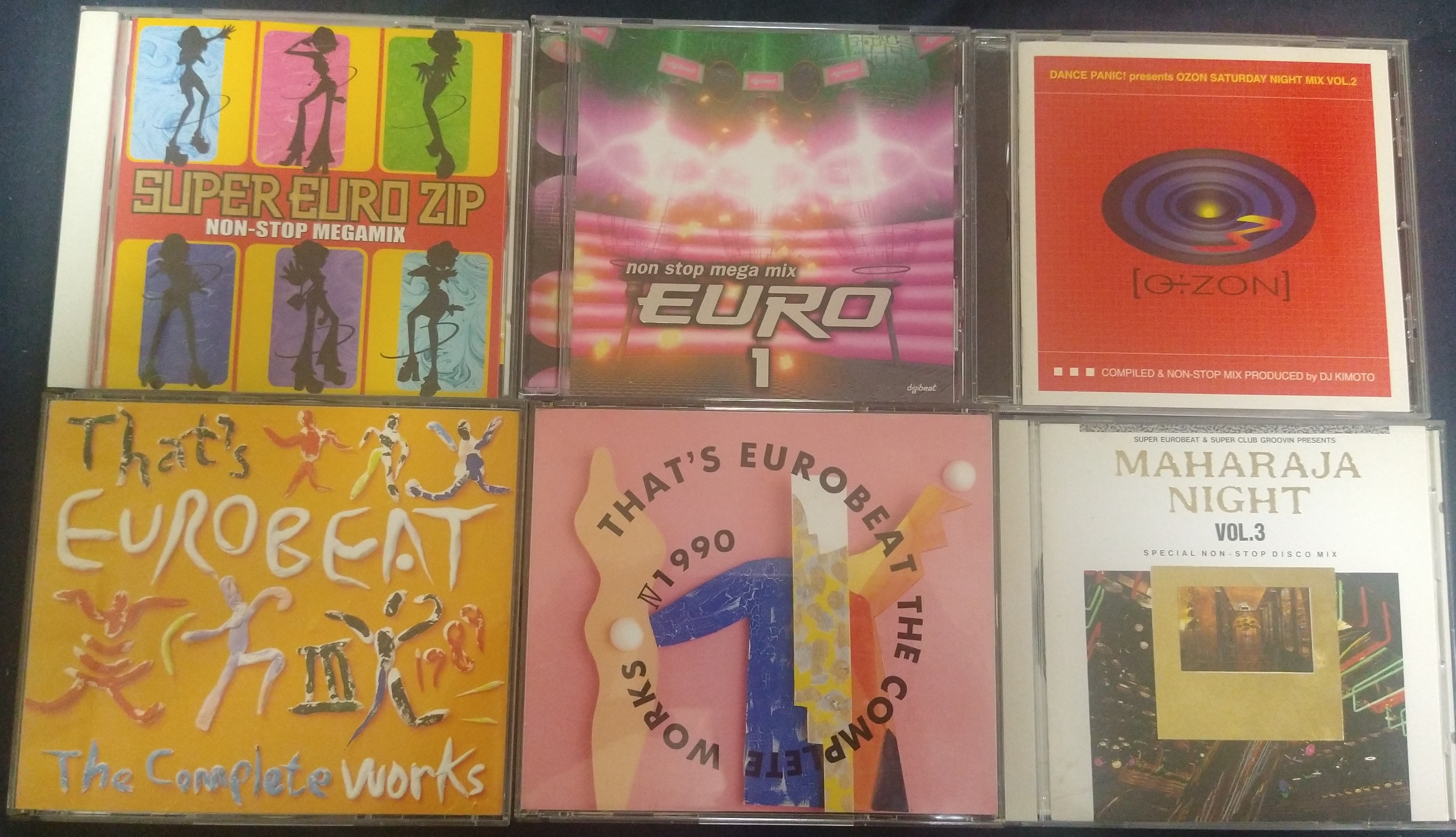Isn’t the woman who played Rita dead? And the yellow ranger dead? And the green ranger dead? And the blue ranger refusing to do any power ranger media?
Yes, although the season 1 Rita was taken directly from the Japanese version of the show and dubbed over by an American voice actor who is still alive (but likely retired).




Yes, we should have expected a price rise when we've had some of the worst inflation in modern history this decade, but there's also the declining yen. One dollar was worth 114 yen the week the Switch launched. It is currently worth around 145 yen. The British pound also increased from 140 yen to 184 yen, and the Euro from around 122 yen to around 160 yen. That's around a 30% increase for all three currencies, which for the UK at least is almost enough to offset inflation.
Obviously the yen could possibly quickly recover in the next few years, but I don't think inflation is the only thing you should consider if you're going to talk about how fair the price is in western markets.